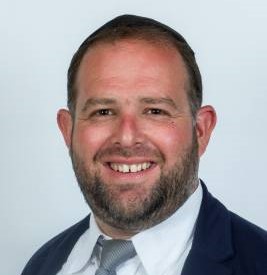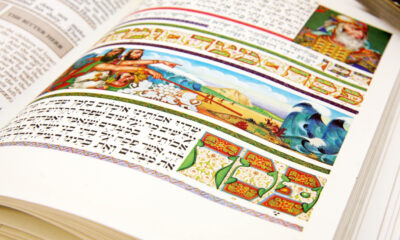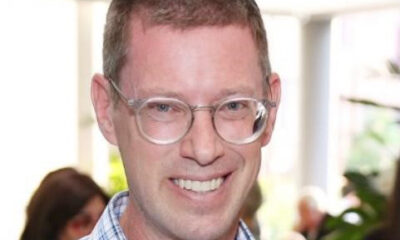
Religion

The ability to ask questions
A recent study revealed something unsurprising: children are more likely to ask Google a question than to ask a parent. Conducted by Birmingham Science City, the study prompted Dr Pam Waddell, its director, to remark, “This isn’t necessarily a bad thing. It shows just how commonplace digital technology is for children today and how comfortable they are with using it.”
Most would agree that there’s nothing wrong with looking up a word in an online dictionary instead of a physical one. The concern, however, is when technology becomes the sole authority for all types of information, replacing the role of a parent or teacher. It’s often difficult to distinguish real information from misleading content, and this challenge is even greater for children.
Beyond the reliability of information, another significant concern is the loss of interpersonal learning. Education, especially in Torah, isn’t just about acquiring knowledge. The discussion between teacher and student or between parent and child, adds depth to learning. Google cannot clarify ideas, ensure understanding, or make information personal. It doesn’t contribute to relationships the way meaningful dialogue does.
This is especially relevant during Pesach. The many aspects of this chag revolve around discussion, where questions and answers are integral to the seder. Nowhere is this more evident than in the dialogue of the four sons.
In parshat Bo, the Torah states, “And it shall be when your son asks you in time to come, saying, ‘What is this?’ You shall say to him, ‘With a strong hand Hashem brought us out of Egypt.’” (Shemot 13:14). Rashi attributes this question to the she’eino yode’a lish’ol, the son who does not know how to ask. Yet in the haggadah, this very answer is directed at the wicked son. Why does the haggadah assign the same question to two vastly different personalities?
There must be a connection between one who does not ask and one who is wicked. The Torah teaches that education is non-negotiable. A child who isn’t given the right education is, in essence, receiving no education at all. One who lacks Torah may eventually be satisfied with misleading ideas, making one susceptible to falsehoods.
The essence of learning is the ability to ask questions. Inquiry is a fundamental human trait. One must seek to understand, delving deeper into the wisdom of the Torah. But questions must be asked wisely – knowing what to ask, when to ask, and whom to ask. The nature of one’s question reflects their character and sincerity.
Some people ask only those who will give them the answers they want to hear. Others avoid asking because they fear the truth. Refusal to question – or worse, refusal to accept an answer – stunts intellectual and spiritual growth. True inquiry requires humility: the ability to listen and accept knowledge from others.
The seder is built on the power of questions. It teaches us that seeking truth requires genuine curiosity and an open heart. As we gather with our families this Pesach, let’s embrace the importance of asking, listening, and engaging in meaningful dialogue.
- Wishing you and your families a chag kasher vesameach.










